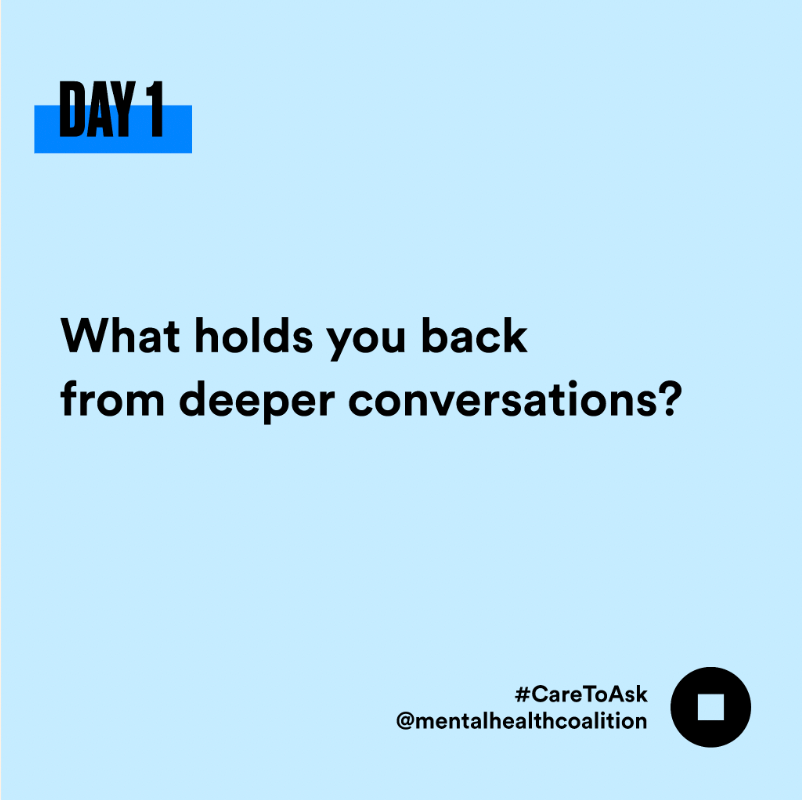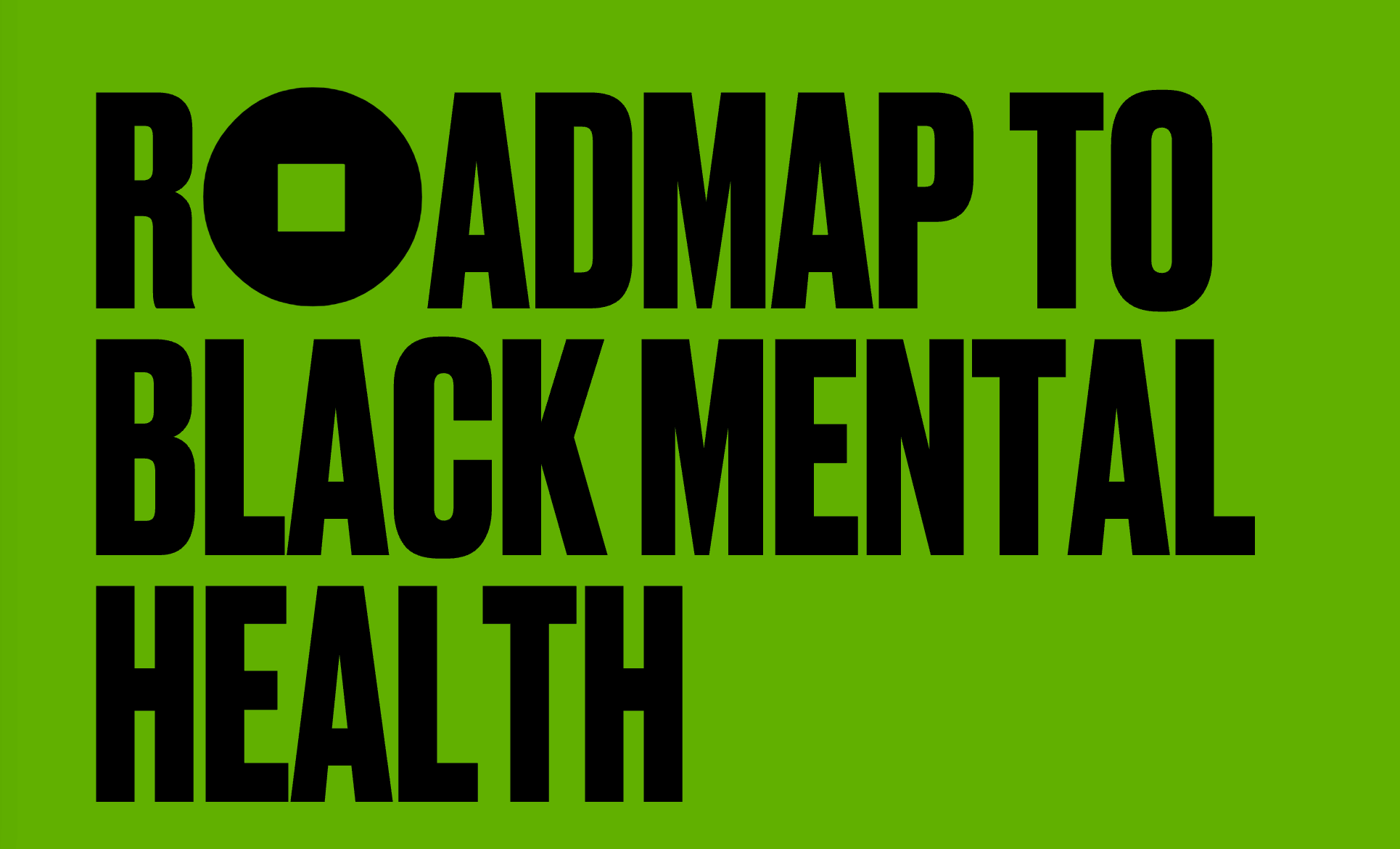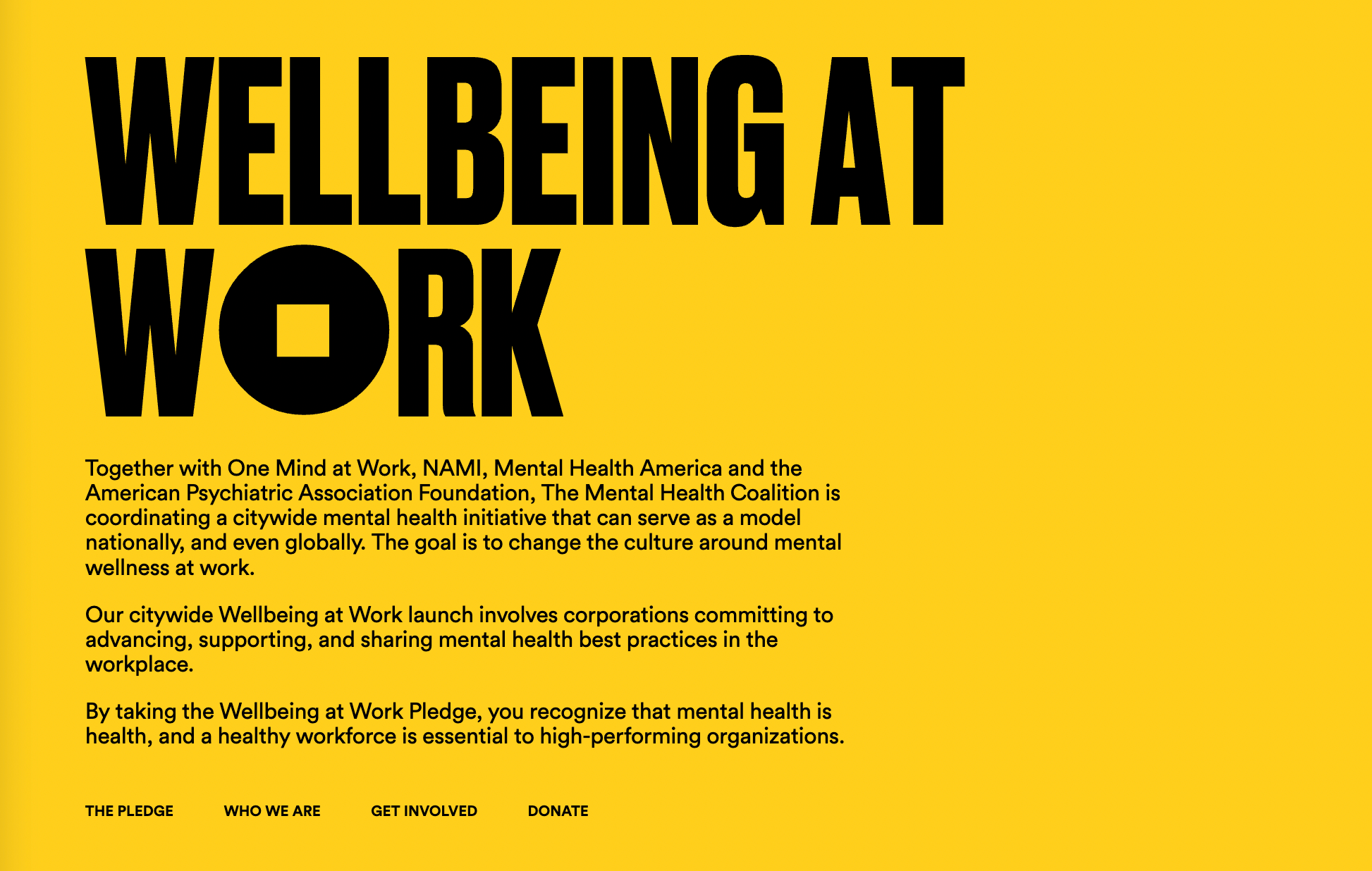
Gun Violence & Mental Health: 5 Resources for Healing & Action
In the 182 days of 2022, there have been 297 mass shootings in America—more than one a day. Being bombarded with such unrelenting tragedy and trauma on a daily basis is not easy to stomach. The fear of danger forces many of us to feel helpless in schools, in grocery stores, and in the streets. For people of color and individuals from marginalized backgrounds, these fears can be heightened. Whether you’ve been directly or indirectly affected by gun violence, the consequences on mental health are severe. With this article, we bring you 5 ways to protect, strengthen, and care for your mental well-being during and after incidences of gun violence.
1. Find Stories from Survivors
Grappling with the topic of gun violence requires an astounding practice of empathy in acknowledging the trauma that burdens the affected—acknowledgment that is often all too rare when discussion generalizes and sensationalizes these tragedies. Strength After provides a look into the lives of real people through its database of stories from survivors of various disasters. This collection of articles and blog posts features insights from survivors of disasters like the Boston Marathon Bombings and the El Paso Walmart shooting. Reading their experiences can be helpful in humanizing incidences of gun violence, which inspires action and education sourced from places of empathy and connection.
2. Learn Coping Strategies
A collaborative effort between Survivors Empowered and Giffords, From Healing to Action: A Toolkit for Gun Violence Survivors and Allies is a two-part toolkit that serves as a roadmap to healing. Part one provides self-help tactics for coping—detailing what trauma feels like, what the symptoms are, and survivor’s guilt, while instructing those affected in how to manage external factors like media and publicity. Part two provides ways to get involved in gun violence regulation and prevention through lobbying to mayors and congressional and state representatives. Doing work to prevent gun violence and save lives can make you feel like an integral player in the process of repairing a society fractured by unrest and hurt.
3. Address Current Events With Kids
It’s already difficult for teens and adults to speak about—let alone process—gun violence. It feels too frequent, every tragedy too fresh to grapple with. But for children who lack the ability to grasp the scope of such large events, approaching the topic of gun violence becomes even more daunting. In “Talking About Current Events with Kids”, the MINDS Foundation and YourMomCares collaborate to hold a conversation for parents that addresses ways to discuss gun violence with children. This discussion endorses the practice of emotional catharsis—that it’s okay to confront discomfort and let it hold space. This video also provides a reminder that children are flexible in thought and receptive to change, which is key to fostering these sensitive conversations in order to facilitate understanding and protect children from harm.
4. Call a Helpline for Disaster Distress
When the topic of violence creates significant emotional and mental distress, SAMHSA’s Disaster Distress Helpline is a 24/7, 365 helpline you can use to access counseling and support. You can speak to someone directly one-on-one, or receive referrals to local crisis services and tips for self-help and coping. Disaster distress helplines can prove to be an invaluable resource for processing tragedies.
5. Organize for Prevention
This article has detailed various ways to approach gun violence—from conversation to self-regulation—but one of the most important ways to grapple with the topic of gun violence is to take action. 5 Things You Can Do Now to Stop Gun Violence, published by the Violence Policy Center, provides methods to push for gun restrictions that prevent further violence. Actions include contacting elected representatives and U.S. Senators to vocally express support for a ban on semi-automatic weapons, organizing and participating in grassroots social movements, and voting for gun safety candidates—use this resource to find your representative and help make change today. Mobilization is crucial to pushing reforms and ensuring that our communities can be safe and resilient in the face of danger.
For more resources, please visit The Mental Health Coalition’s Resource Library.
Article by Ashlee Bonsi. Ashlee is an Editorial Intern for MHC and Rutgers University student with a passion for social justice.


